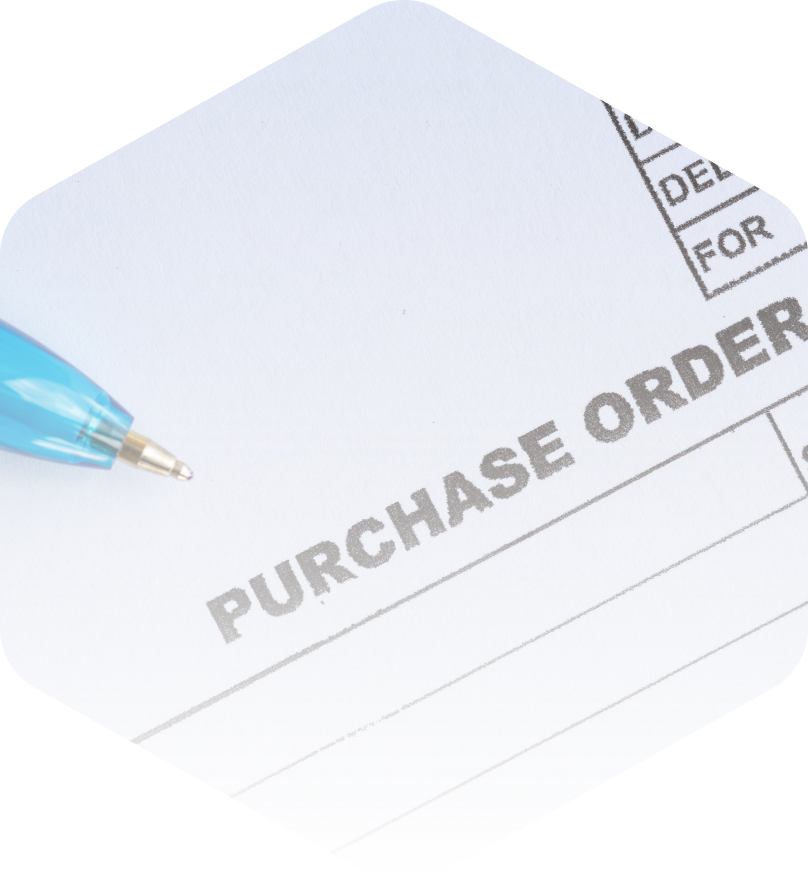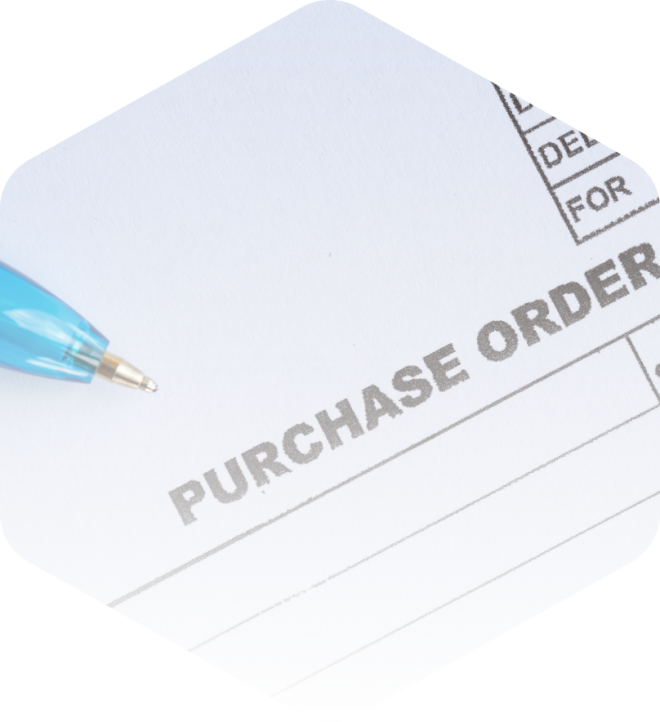CHAPTER 3/5

CONTENTS
👉 Effective B2B Marketing Tactics
👉 Understanding B2B Payment Methodologies
👉 Complexities of B2B Pricing Structures
👉 The Power of Product Information in B2B eCommerce
👉 The Value of B2B Customer Interactions
👉 Understanding the Intricacies of the B2B Buying Cycle
Anticipating which advancements in B2C are becoming relevant for B2B, and understanding the distinctions between the two, is paramount for any successful strategy. Both have unique needs and expectations that need to be considered for the best outcomes. Let's dissect the key differences:
B2B vs B2C eCommerce

👉 DIFFERENCE 1


The B2B buying process also tends to be more personalized, particularly when it comes to pricing. Negotiated contracts based on volume, customer loyalty, or special requirements are more the rule than the exception. This means that the buying process often includes a negotiation phase, which must be carefully managed to maintain positive customer relationships. These considerations call for comprehensive customer relationship management and advanced features to handle the complex B2B buying process.
The Art of Negotiation: Personalized Pricing Structures
B2B transactions are notably intricate due to the complexities of their approval processes. Unlike in B2C where a purchase can be finalized with a single click, B2B purchases usually require multiple levels of approval. This is primarily due to the high stakes involved in business purchases and the need for checks and balances within an organization.
The Complexities of the Approval Process
Another distinguishing factor in the B2B buying cycle is the high transaction volumes and values involved. A single B2B transaction can be equivalent to hundreds, or even thousands, of B2C transactions. This scale of operation increases the length of the sales cycle, with comprehensive due diligence necessary at each stage.
Transaction Volume and Value: A Game of High Stakes

👉 DIFFERENCE 2



B2B eCommerce demands extensive support structures, both before and after sales. Providing thorough product information, facilitating decision-making, and ensuring seamless after-sales services are part of this support. This all-encompassing approach helps to foster long-term customer relationships and promote repeat business.
All-Round Support
Unlike B2C, where transactions are often one-off, B2B eCommerce thrives on nurturing enduring relationships. These interactions are not just transactional; they are a commitment to mutual growth. It's this focus on relationship-building that sets the B2B landscape apart.
Building Enduring Relationships
Interacting in a B2B context often involves servicing an array of stakeholders within a client's organization. Catering to different roles, perspectives, and requirements adds layers of complexity to customer interactions. Despite these complexities, aligning with the shared organizational goal of the client is paramount.
Multiple Stakeholders, One Goal



👉 DIFFERENCE 3
In B2B eCommerce, offering customizable product options can be a powerful differentiator. Providing this flexibility allows customers to tailor their purchases to their specific needs, fostering a sense of partnership. This high level of personalization strengthens the customer relationship, enhancing customer loyalty and retention.
Embracing Customization
B2B buyers typically deal with bulk purchases, so a clear understanding of volume pricing is essential. Equally important is information about product availability and lead times. Together, these aspects can significantly influence purchase decisions, impacting customer satisfaction and your bottom line.
Clarity in Pricing and Availability
Product information in B2B eCommerce goes beyond basic descriptions; it demands intricate details. Providing comprehensive product specifications is critical in helping B2B buyers make informed decisions. This is not just about ticking boxes; it's about instilling confidence in your product's ability to serve their needs.
Precision in Product Specifications



👉 DIFFERENCE 4
Dynamic pricing, the practice of adjusting prices based on supply and demand, can be a powerful strategy in B2B eCommerce. This real-time responsiveness can help businesses stay competitive in fluctuating markets. However, it requires sophisticated pricing management systems to implement effectively.
Adapting to Dynamic Pricing
Negotiated contracts are another aspect that adds complexity to B2B pricing structures. These are agreements made between businesses that secure specific pricing conditions over an agreed period. Offering negotiated contracts demonstrates a willingness to foster long-term relationships with clients.
The Role of Negotiated Contracts
B2B transactions typically involve bulk purchases, resulting in the need for a volume-based pricing structure. Unlike B2C's standard pricing, B2B requires a pricing strategy that incentivizes larger purchase volumes. It's a balance between encouraging higher sales and maintaining a reasonable profit margin.
Understanding Volume-based Pricing



👉 DIFFERENCE 5
Payment Methodologies
Another distinguishing feature of B2B transactions is the invoicing system. In B2B, it's common for products or services to be delivered first, followed by an invoice. Robust invoicing systems are critical for managing payments, tracking outstanding debts, and maintaining a healthy cash flow.
Mastering Invoicing Systems
B2B transactions frequently involve credit terms, agreements that allow the buyer to pay at a later date. This differs from immediate B2C transactions and reflects the trust built over time between businesses. It's essential for suppliers to establish clear credit terms to mitigate financial risks.
Understanding Credit Terms
Unlike direct payment methods commonly used in B2C transactions, B2B often employs purchase orders. This official document between buyer and supplier authorizes a transaction. It plays a significant role in the B2B purchase process, offering a transparent and trackable method of transaction.
The Prevalence of Purchase Orders



👉 DIFFERENCE 6
The third pillar of B2B marketing is personalized outreach. B2B transactions are typically high-value, which justifies the time and effort spent personalizing marketing efforts for each prospect. Personalized outreach, which can include custom emails or tailored proposals, shows potential clients that their business is valued and understood.
Embracing Personalized Outreach
In the world of B2B, relationship-building is paramount. Unlike B2C's transactional nature, B2B focuses on forming strategic partnerships that provide mutual benefits over time. Through maintaining open communication and consistently delivering on promises, businesses can build strong, enduring relationships that yield repeated transactions.
Building Strong Business Relationships
When marketing to businesses, education and content marketing take the forefront. Through delivering valuable and relevant content, B2B marketers position themselves as industry experts. It's a subtle yet powerful strategy that inspires trust and nurtures long-term relationships with potential clients.
The Power of Education and Content Marketing

CONTENTS
👉 The Power of Product Information in B2B eCommerce
👉 Complexities of B2B Pricing Structures
👉 Effective B2B Marketing Tactics
👉 Understanding B2B Payment Methodologies
👉 The Value of B2B Customer Interactions
👉 Understanding the Intricacies of the B2B Buying Cycle
Anticipating which advancements in B2C are becoming relevant for B2B, and understanding the distinctions between the two, is paramount for any successful strategy. Both have unique needs and expectations that need to be considered for the best outcomes. Let's dissect the key differences:
B2B vs B2C eCommerce

👉 DIFFERENCE 1


B2B transactions are notably intricate due to the complexities of their approval processes. Unlike in B2C where a purchase can be finalized with a single click, B2B purchases usually require multiple levels of approval. This is primarily due to the high stakes involved in business purchases and the need for checks and balances within an organization.
The Complexities of the Approval Process
The B2B buying process also tends to be more personalized, particularly when it comes to pricing. Negotiated contracts based on volume, customer loyalty, or special requirements are more the rule than the exception. This means that the buying process often includes a negotiation phase, which must be carefully managed to maintain positive customer relationships. These considerations call for comprehensive customer relationship management and advanced features to handle the complex B2B buying process.
The Art of Negotiation: Personalized Pricing Structures
Another distinguishing factor in the B2B buying cycle is the high transaction volumes and values involved. A single B2B transaction can be equivalent to hundreds, or even thousands, of B2C transactions. This scale of operation increases the length of the sales cycle, with comprehensive due diligence necessary at each stage.
Transaction Volume and Value: A Game of High Stakes
👉 DIFFERENCE 2


Interacting in a B2B context often involves servicing an array of stakeholders within a client's organization. Catering to different roles, perspectives, and requirements adds layers of complexity to customer interactions. Despite these complexities, aligning with the shared organizational goal of the client is paramount.
Building Enduring Relationships
B2B eCommerce demands extensive support structures, both before and after sales. Providing thorough product information, facilitating decision-making, and ensuring seamless after-sales services are part of this support. This all-encompassing approach helps to foster long-term customer relationships and promote repeat business.
All-Round Support
Unlike B2C, where transactions are often one-off, B2B eCommerce thrives on nurturing enduring relationships. These interactions are not just transactional; they are a commitment to mutual growth. It's this focus on relationship-building that sets the B2B landscape apart.
Multiple Stakeholders, One Goal
👉 DIFFERENCE 3


Product information in B2B eCommerce goes beyond basic descriptions; it demands intricate details. Providing comprehensive product specifications is critical in helping B2B buyers make informed decisions. This is not just about ticking boxes; it's about instilling confidence in your product's ability to serve their needs.
Precision in Product Specifications
In B2B eCommerce, offering customizable product options can be a powerful differentiator. Providing this flexibility allows customers to tailor their purchases to their specific needs, fostering a sense of partnership. This high level of personalization strengthens the customer relationship, enhancing customer loyalty and retention.
Embracing Customization
B2B buyers typically deal with bulk purchases, so a clear understanding of volume pricing is essential. Equally important is information about product availability and lead times. Together, these aspects can significantly influence purchase decisions, impacting customer satisfaction and your bottom line.
Clarity in Pricing and Availability
👉 DIFFERENCE 4


Negotiated contracts are another aspect that adds complexity to B2B pricing structures. These are agreements made between businesses that secure specific pricing conditions over an agreed period. Offering negotiated contracts demonstrates a willingness to foster long-term relationships with clients.
Adapting to Dynamic Pricing
Dynamic pricing, the practice of adjusting prices based on supply and demand, can be a powerful strategy in B2B eCommerce. This real-time responsiveness can help businesses stay competitive in fluctuating markets. However, it requires sophisticated pricing management systems to implement effectively.
The Role of Negotiated Contracts
B2B transactions typically involve bulk purchases, resulting in the need for a volume-based pricing structure. Unlike B2C's standard pricing, B2B requires a pricing strategy that incentivizes larger purchase volumes. It's a balance between encouraging higher sales and maintaining a reasonable profit margin.
Understanding Volume-based Pricing


B2B transactions frequently involve credit terms, agreements that allow the buyer to pay at a later date. This differs from immediate B2C transactions and reflects the trust built over time between businesses. It's essential for suppliers to establish clear credit terms to mitigate financial risks.
Mastering Invoicing Systems
Another distinguishing feature of B2B transactions is the invoicing system. In B2B, it's common for products or services to be delivered first, followed by an invoice. Robust invoicing systems are critical for managing payments, tracking outstanding debts, and maintaining a healthy cash flow.
Understanding Credit Terms
Unlike direct payment methods commonly used in B2C transactions, B2B often employs purchase orders. This official document between buyer and supplier authorizes a transaction. It plays a significant role in the B2B purchase process, offering a transparent and trackable method of transaction.
The Prevalence of Purchase Orders
Payment Methodologies
👉 DIFFERENCE 6

In the world of B2B, relationship-building is paramount. Unlike B2C's transactional nature, B2B focuses on forming strategic partnerships that provide mutual benefits over time. Through maintaining open communication and consistently delivering on promises, businesses can build strong, enduring relationships that yield repeated transactions.
Embracing Personalized Outreach
When marketing to businesses, education and content marketing take the forefront. Through delivering valuable and relevant content, B2B marketers position themselves as industry experts. It's a subtle yet powerful strategy that inspires trust and nurtures long-term relationships with potential clients.
Building Strong Business Relationships
The third pillar of B2B marketing is personalized outreach. B2B transactions are typically high-value, which justifies the time and effort spent personalizing marketing efforts for each prospect. Personalized outreach, which can include custom emails or tailored proposals, shows potential clients that their business is valued and understood.
The Power of Education and Content Marketing
